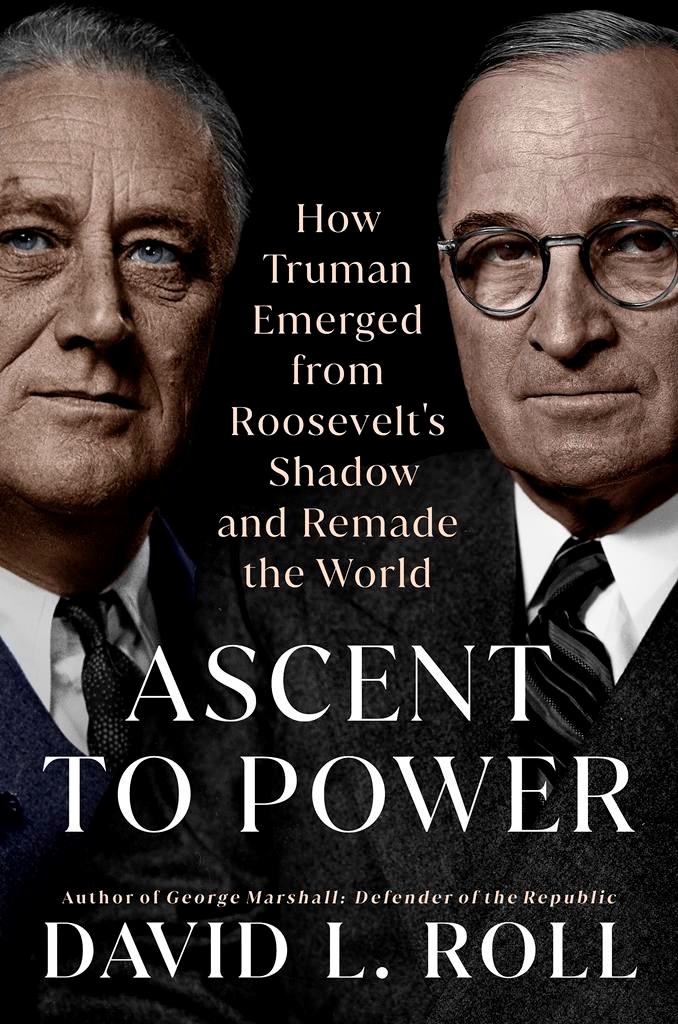LITTLE ROCK, Ark. (AP) — Harry Truman's ascension to the presidency after Franklin Roosevelt's death was a rocky one, and it came at a pivotal time in the nation's history.
Once a senator who complained that the 32nd president treated him like “an office boy,” Truman left the White House in 1953 as one of the most accomplished presidents. Those events are the focus of David L. Roll's “Ascent to Power: How Truman Emerged from Roosevelt's Shadow and Remade the World.”
Roll's book is an essential read for those who want to understand a presidency that, as he puts it, “spawned the most consequential and productive events since the Civil War.”
The book begins during the final months of Roosevelt's time in office, chronicling his failing health and decision to choose Truman as his running mate in the 1944 election. Through meticulous research, Roll illustrates how Truman overcame a lack of preparation to lead the country through the end of World War II and shepherd in a host of domestic and foreign policy reforms.
The liveliest moments of the book come, fittingly, from the time Truman emerges from under Roosevelt's shadow during his bid for his first full term in the 1948 election.
Roll portrays Truman as a master at populist campaigning who was able to close the gap with Thomas Dewey by focusing on workers, veterans, farmers and Black voters. But he also credits figures like adviser Clark Clifford, as Truman ran against the Republican Party's record in Congress rather than his opponent.
Roll's meticulous research and ability to balance multiple voices throughout provides readers with an illuminating portrait of Truman's rise to the presidency and his time in the office.
___
AP book reviews:
Andrew Demillo, The Associated Press



